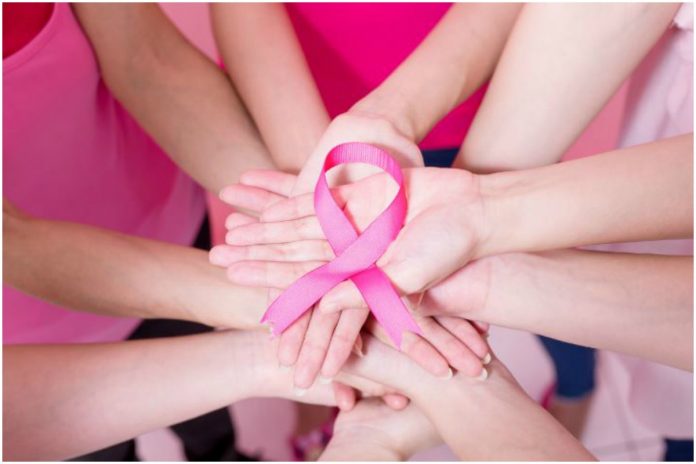Reading Time: 3 minutes
Cancer in Indian Women: A Growing Concern Cancer, a pervasive and devastating disease, knows no boundaries and affects individuals worldwide. In the case of Indian women, however, the prevalence of cancer poses a particularly concerning challenge. Today, the incidence of cancer among Indian women is on the rise, leading to an urgent need for more awareness, preventive measures, and accessible healthcare. Cancers of the breast, cervix, ovary, and uterus together comprise more than 70 percent of the cancers that are found in Indian women.
Causes and Risk Factors:
Several factors contribute to the increased incidence of cancer in Indian women. Lifestyle choices such as smoking, alcohol consumption, and sedentary behaviour have been identified as significant risk factors. Furthermore, exposure to environmental pollutants, including indoor and outdoor air pollution, can also elevate the chances of developing cancer. Several hormonal and reproductive factors, such as early age of marriage, multiple pregnancies, and inadequate breastfeeding, also contribute to the vulnerability of Indian women to certain cancers, such as breast and ovarian cancer.
The impact of cancer on Indian women extends beyond the physical realm, deeply affecting their emotional, economic, and social well-being. A cancer diagnosis can lead to immense psychological stress, anxiety, and depression, affecting not only the individuals but also their families. The financial burden associated with cancer treatment compounds the challenges faced by Indian women, as it often leads to the depletion of family savings, loss of livelihoods, and limited access to quality healthcare. Furthermore, the societal stigma attached to cancer can isolate and further harm the emotional state of affected women, making it essential to address this issue holistically.
BREAST CANCER:
It accounts for 27% of all cancers. Reportedly, 1 in 28 women could develop breast cancer. In the rural areas, the number is on a relatively lower side with 1 in 60 women at risk of developing cancer but in the urban areas, it is about 1 in 22 women. Females of any age can develop this cancer and with age, the risk increases, nulliparity, advanced age of motherhood, and familial predisposition. In India, we are seeing women in the 3rd and 4th decade of life and more aggressive compared to the West.
CERVICAL CANCER:
India accounts for 1/3rd of all cervical cancer worldwide and accounts for half of all cervical cancer deaths worldwide. Lack of access to menstrual hygiene is one of the major culprits, repeated infection and HPV virus. HPV vaccine drive of young girls is the need of the hour.
OVARIAN CANCER:
Ovarian cancer mostly affects women when they are 35 years old and reaches a peak when they are between the age of 55 and 64 years. Ovarian cancer is a silent killer as the symptoms are vague. Moreover, women with a family history of breast cancer, ovarian cancer, Hereditary Non-Polyposis Colon Cancer syndrome are susceptible to this cancer.
COLORECTAL OR COLON CANCER:
Women with a family history of colon cancer, suffering from inflammatory bowel disease, or having polyps in their rectum or colon are more at risk of developing colon cancer. Other causes of colon cancer may include being overweight, having high-fat content foods especially derived from animals, being inactive, and smoking. Women between the ages of 40 – 45 years are mostly affected by colon cancer.
Prevention and Awareness:
Raising awareness about cancer prevention is crucial in curbing its increasing prevalence among Indian women. Educating individuals about the importance of leading a healthy lifestyle, including regular exercise, balanced diets, and avoiding tobacco and excessive alcohol consumption, should be a primary focus. Furthermore, initiatives promoting regular cancer screenings, as well as the importance of early detection and treatment, vaccination drives can significantly reduce mortality rates.
Accessible Healthcare:
Improving access to affordable and quality healthcare is of paramount importance in combating cancer in Indian women. Strengthening the public healthcare infrastructure, especially in rural areas, where a large population resides, is crucial. Investing in medical facilities, providing necessary medical equipment and trained personnel, and encouraging regular check-ups can help detect cancer at its early stages and improve patient outcomes. Additionally, partnerships between government bodies, non-profit organizations, and the private sector can play an instrumental role in mobilizing resources and creating an effective healthcare system.








